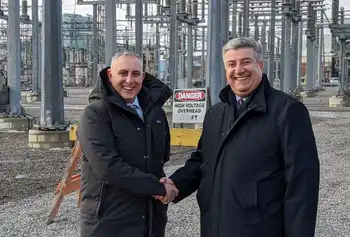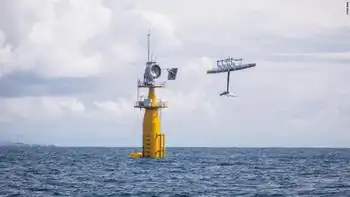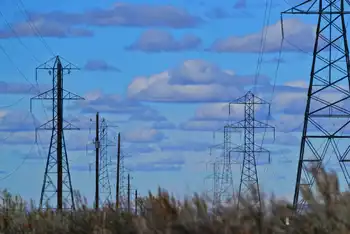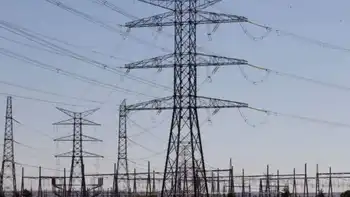Some Coal Power Plants Produce More Than Fair Share of Mercury Emissions
By The Mercury
Protective Relay Training - Basic
Our customized live online or in‑person group training can be delivered to your staff at your location.

- Live Online
- 12 hours Instructor-led
- Group Training Available
This past March the Environmental Defense Fund, a leading nonprofit, released a report showing that the top 25 emitters of mercury, a potent neurotoxin and a nasty by-product of coal-fired electricity generation, contribute only 8 percent of the U.S. electric supply. At the same time, these power plants, which have failed to install readily available pollution controls already widely in use by other plants, account for nearly a third of all mercury emissions by the American electricity sector overall.
The report, “Mercury Alert: Cleaning up Coal Plants for Healthier Lives,” factors in emissions of mercury at power plants across the country in 2009. According to EDF, 20 of the top 25 mercury emitters are located within 50-100 miles of some of the largest metropolitan areas in the nation, including Chicago, Dallas, Houston, Atlanta, Minneapolis, Detroit, Pittsburgh, Cleveland, St. Louis and Austin. EDF found that Texas produces the most pollution from coal-fired electricity generation of all the U.S. states.
Besides listing the worst mercury polluters, the report also details recent cases of mercury contamination and fish consumption advisories across the country, as well as reported new installations of mercury controls and recently enacted state regulations driving their implementation.
The release of the report was timed to coincide with the announcement by the U.S. Environmental Protection Agency of more stringent rules regarding emissions of mercury and other air pollutants such as arsenic, dioxin and acid gases from individual power plants. EDF hopes that the report will bolster public support for the federal government to crack down on any plants that continue to buck the trend toward cleaner operations.
“There are widely available, cost-effective and tested technologies to reduce mercury pollution from power plants by more than 90 percent,” reports EDF. Currently only 17 U.S. states regulate mercury air emissions, but the upcoming EPA rule will force plants even in unregulated states to clean up their acts.
Mercury pollution is an ongoing problem around the world. Exposure to mercury in the environment has been linked to a variety of reproductive, cardiovascular and other human health problems. Airborne mercury from electricity plants usually finds its way into waterways and eventually the ocean, where it is taken up by successively larger marine life as it works its way up the food chain. The top ocean predators such as tuna and swordfish contain relatively large amounts of mercury in their fatty tissue as a result of eating smaller fish which have in turn eaten even smaller forms of marine life.
Consumers can limit their mercury intake by minimizing consumption of these larger fish including albacore canned tuna, but the problem will linger long into the future even if we start to reign in mercury pollution domestically, especially because the cleaner technologies being implemented here may take decades to find their way to power plants in poor and developing countries.











